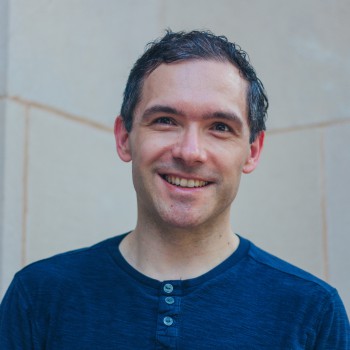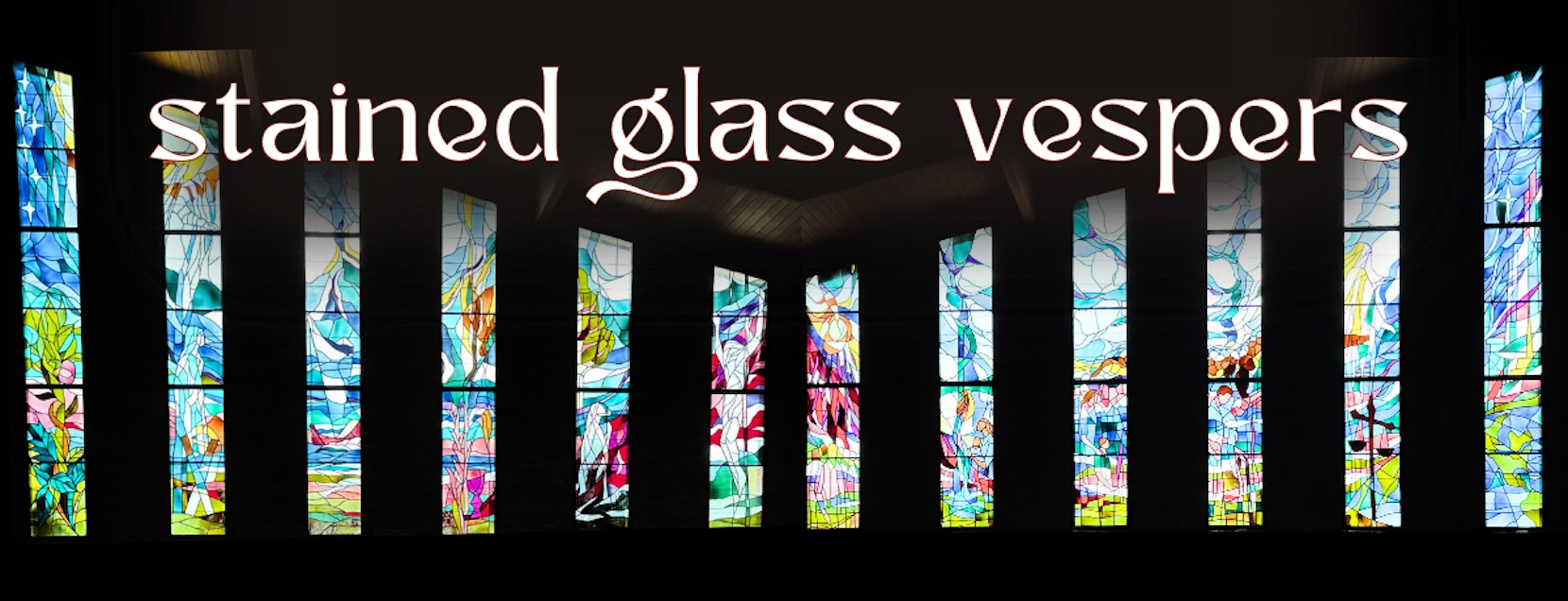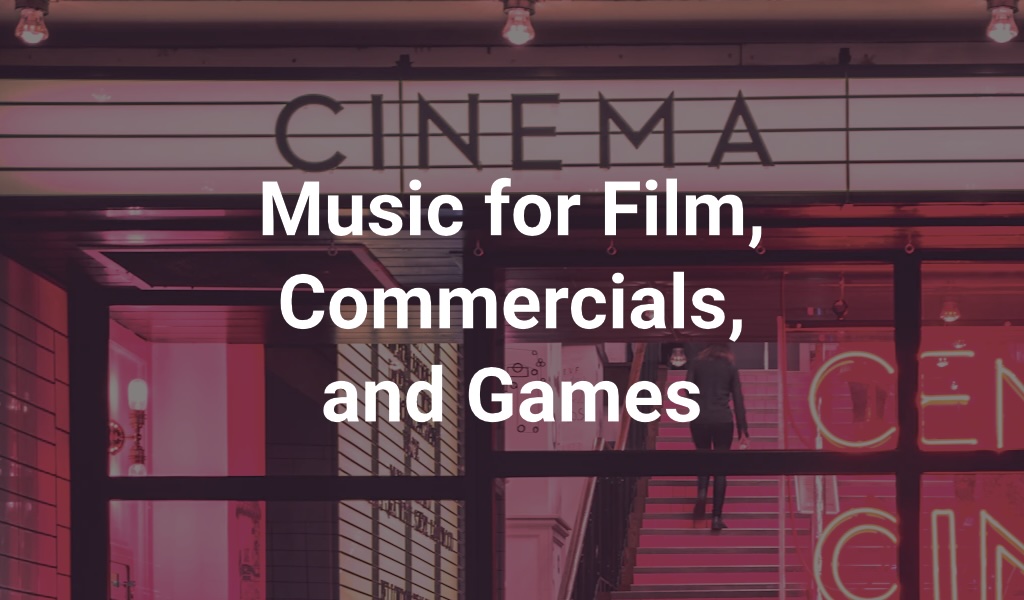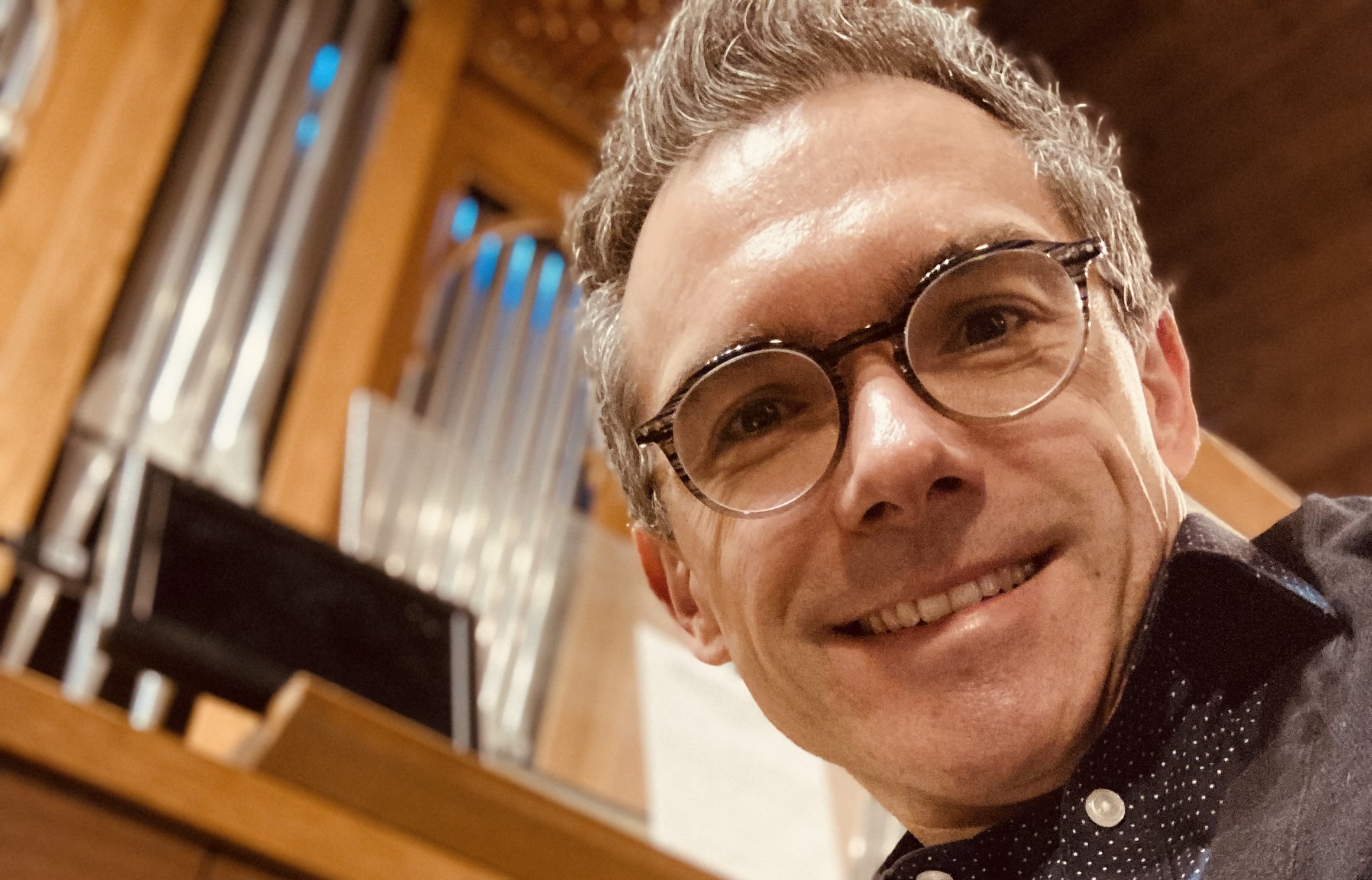I will give a guest lecture seminar at Saybrook University’s Humanistic Psychology department during Saybrook’s Fall 2023 Virtual Learning Experience. Located in Pasadena, California, Saybrook’s Virtual Learning Experiences bring students, faculty, and amazing speakers together to participate in an exceptional learning environment tailored to providing a safe and supportive space for student’s inquisitiveness and eagerness to learn.
Saybrook’s humanistic and clinical psychology programs are designed for those who wish to contribute creatively to improving the human condition. Students are encouraged to explore different approaches through interdisciplinary programs that combine complementary approaches–including meditation, nutrition, energy medicine, biofeedback, and spirituality—with more traditional forms of care.
Creativity results from our actions and interactions with the world around us. I think of creativity as poiesis, which means to create or bring something into being. This involves different creative processes, forms of knowledge, and perspectives. I suggest that three types of poiesis show how the creative agency works: autopoiesis, where a system can recreate itself; allopoiesis, where a system can create something different from itself; and practopoiesis, where creative agency adjusts itself by working through a series of interactions among its creative processes. This results in a type of creativity independent of other creative processes and their own creative spaces, providing a different perspective on our understanding of musical creativity.
In the lecture, I discuss how cultivating one’s creative skills reveal meaningful differences and cultivate a sense of responsibility to bring them out at their best in the context of poiesis and the typologies of musical creativity. I further explore “creative spaces” and where we can find inspiration to understand creativity and in turn be more creative. I used several different sources like biology, philosophy, and humanistic psychology (specifically music and creativity studies) to make my point. My goal is to show how we can connect the science of life and mind with our own experiences and feelings when it comes to making music.
Lecture Abstract
As a multimodal interplay of creative actions and interactions, creativity is viewed as a composite of culturally and socially conditioned processes and products. In recent studies on embodied music cognition, it has been suggested that creativity is a product of our bodies’ actions and interactions with the environment.
The author places creativity in the context of poiesis: to make or to bring something into being. Poiesis implies a synergy of creative processes, forms of knowledge, and perspectives. Defining poiesis as creative agency, the author focuses on a complementary aspect of poiesis, one of emergence. Expanding upon the notion of embodied creative spaces, the author proposes the formation of typologies of emerging creative processes. In turn, the author describes three types of poiesis as instances of self-referential creative agency: autopoiesis, the process by which a system can recreate itself; allopoiesis, the process by which a system can create something other than itself; and practopoiesis, the process by which creative agency’s autopoiesis works through a series of interactions among its creative processes to adjust itself. This, in turn, results in a type of creativity characterized by self-referential processes that are independent of other creative processes and their own creative spaces.
Informed by the creative potentiality of artistic agency and to provide a complementary perspective on our understanding of musical creativity, the author presents three short case studies that illustrate the different types of topologies of creativity that emerge within the acts of musical composition.
Lecture Resources
Music
- ToneMatrix
- Bach - Prelude
- Bach-Gregson - Prelude Recomposed
- Bach-Chen - Strings
- Bach-Nagy - Epigram Variations
Philosophy
- Dreyfus & Kelly - All Things Shining
- Heidegger - The Question Concerning Technology
Creativity
- Gardner - Multiple Intelligences
- Burnard - Multiple Creativities
Embodiment
Cognition
- Maturana & Varela - Autopoiesis and Cognition
- Thompson - Mind and Life
Botany
Biology
AI Music
Self-Actualization
- Kaufman - Self-Actualization Tests




